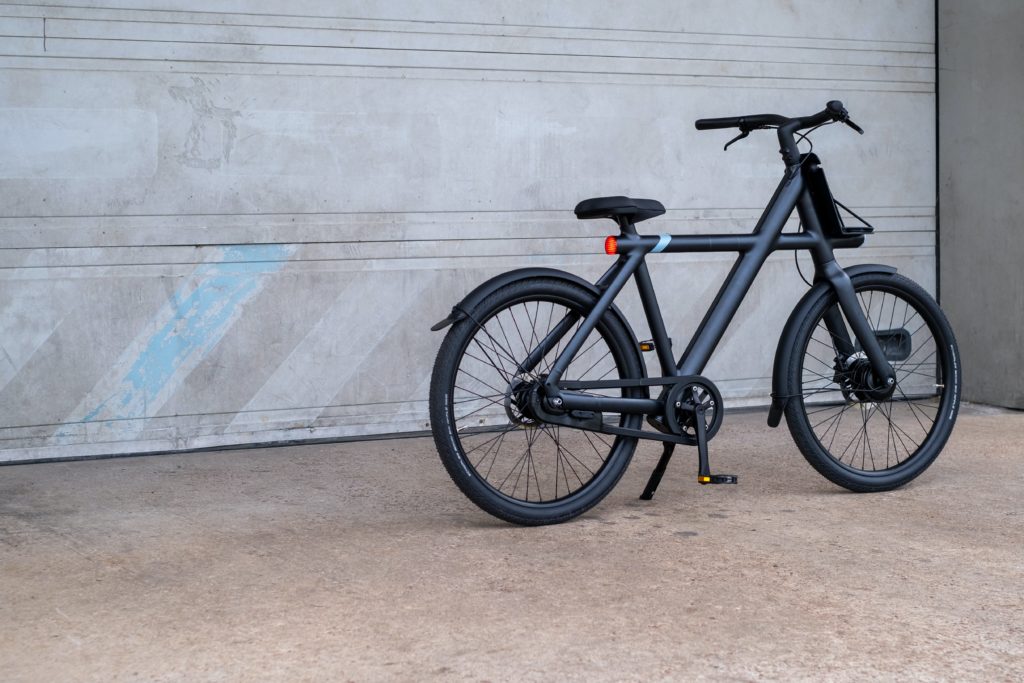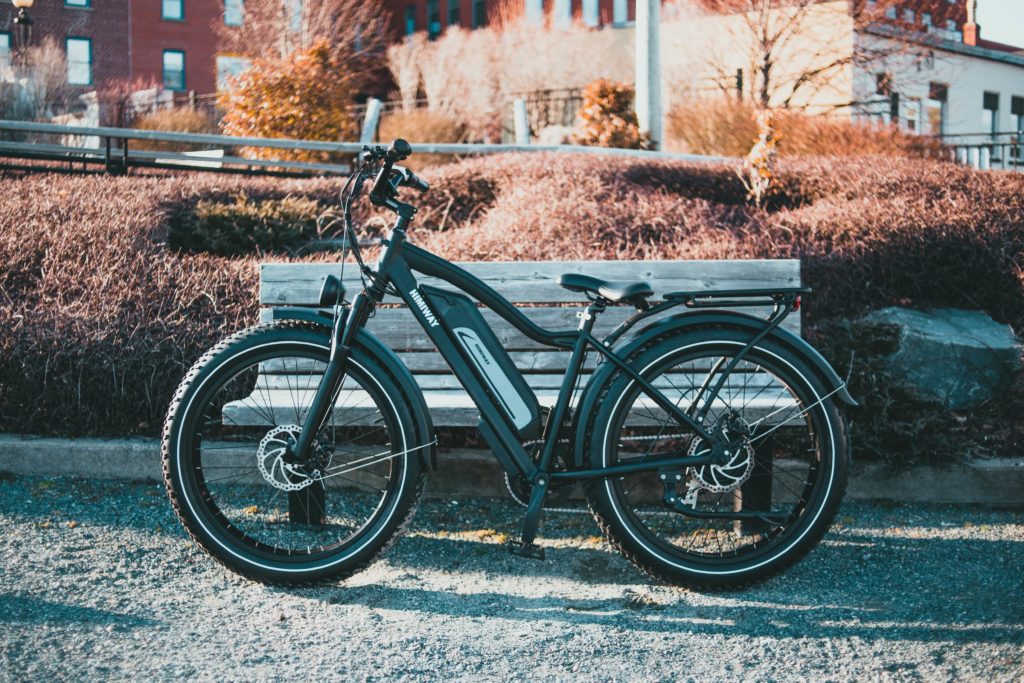As the world becomes more digital, so do the many options available to reduce human environmental impact. Electric bikes have become more popular as a sustainable transportation alternative in recent years. They reduce environmental impact and offer convenience, cost savings, and increased speed, among other things.
Moreover, they help you save on fuel costs and minimize your contribution to carbon emissions, thereby representing a low-carbon way of commuting. While traditional transport modes have advantages, cycling makes you feel close to nature.
Furthermore, the increased popularity of electric bikes worldwide as a mode of travel is more than a passing trend. They have become a transformative transportation mode, combining physical activity with sustainability. This article will explore why e-bikes are more than a trend by delving into their environmental benefits.
What is The Impact of Traditional Transport on The Environment?
Traditional modes of transport, such as planes, cars, and buses, contribute significantly to environmental degradation. The fossil fuel combustion in these transport vehicles releases harmful gases like nitrogen oxides and carbon dioxide into the air.
Unfortunately, these gases harm human health, and continued exposure can lead to respiratory diseases and other health complications. Aside from causing damage to human health, these pollutants also cause air pollution and contribute to the depletion of the ozone layer.
While trucks and cars that run on diesel and gasoline are the main culprits, trains, airplanes, and ships also cause significant damage due to their reliance on fossil fuels.
The Rising Trend of Electric Bikes
Electric bikes have revolutionized the way of transport, offering an efficient and green alternative to gas-powered vehicles and traditional bicycles.
Besides, they have come a long way since their conception in 1897. Now, e-bikes have efficient motors, advanced technology, and powerful batteries that make cycling a breeze.
Although some people believe the e-bike is for lazy people, that is untrue. It has been very effective in encouraging people to stay active and fit. Since it comes with a pedal assist, you can choose the amount of assistance you want.
Commuting with the e-bike is a great way to keep up with your cardiovascular exercise while minimizing muscle and joint strains, leading to a more active and healthy lifestyle.
However, e-bikes still have a long way to go before becoming accessible and affordable to everyone. One of the biggest challenges the e-bike industry faces is the high price of some high-quality electric bikes, making them inaccessible to specific customers.
Another challenge is more secure parking facilities and dedicated bike lanes. While many cities have invested in these facilities, there are still places around the world where there is a need for increased cycling infrastructure.
Despite these minor setbacks, the e-bike trend has grown tremendously over the years, and statistics predict that the e-bike market size should reach about 109.53 billion by 2030. The growing trend in e-bikes stems from the ever-increasing need people have to transition from using fossil fuels to using renewable energy sources.
Essential Environmental Benefits of Electric Bikes

The positive environmental impact of the e-bike is one of the reasons it is so popular and well-liked. Here are some of the benefits of this groundbreaking innovation.
Low Carbon Footprint
The electric bike runs on electricity, so there's zero chance it would have carbon emissions. Adopting an e-bike means there will be less need for traditional vehicles, reducing your carbon footprint.
Furthermore, electric bikes are easy to use and require less repair since they don't wear and tear on the road. This will also reduce the need for carbon products to repair any damage that might occur from using them.
Produce Zero Emissions
As discussed earlier, electric bikes don't produce carbon emissions since they do not use diesel or gas to run. They operate solely on human pedaling and electricity, meaning they would not emit harmful gases such as nitrogen oxide or carbon dioxide.
Furthermore, gasoline and diesel-powered vehicles such as planes, ships, motorcycles, cars, and trucks create lots of carbon products like carbon dioxide, which contributes to the increase in the greenhouse effect, leading to a depletion in the earth's ozone layer and a rise in global temperatures.
Safe For Roads
Despite the added weight of the electric bikes due to their battery and motor, they are still more conservative and light on the road compared to traditional bikes. Cycling through dedicated bike lanes with your electric rickshaw also prevents you from using the roads and reduces any imminent wear and tear on your bike.
Conventional vehicles cause a lot of damage to the roads, leading to high costs in repair, and the machinery used in repairing the roads also emits heavy carbon emissions, further damaging the environment and contributing to air pollution.
However, with e-bikes, you don't have to worry about road damage, repairs, or further environmental pollution.
Reduce Traffic and City Congestion
Electric bikes are an excellent substitute for cars, and they help reduce traffic congestion in the city, thereby increasing air quality in those regions. One, they are lighter than cars despite their heavy batteries and motors. So, they'll take up little space, reducing the potential for traffic and making high-traffic areas more tolerable.
Sustainable Battery
Most electric bikes are made with lithium-ion batteries, which are lighter and more compact than lead-acid batteries. These batteries are also sustainable because they do not contain acid, and since they are rechargeable, there is no need to discard them after every discharge.
Conclusion

The rising popularity of the electric bike is not a passing trend but an essential shift towards efficient and sustainable transportation. As more people adopt the use of e-bikes, you can expect a reduced impact on the planet, cleaner cities, and a healthier lifestyle.
From environmental to health and mental benefits, e-bikes have positioned themselves as a compelling choice for those who want to enjoy a healthier, cleaner, and more pleasant way of commuting.
While there are still challenges with pricing and adequate cycling infrastructure in the e-bike industry, the future looks bright. With its rising popularity, you can expect the electric bike to become an integral part of the global transportation terrain in the near future.


